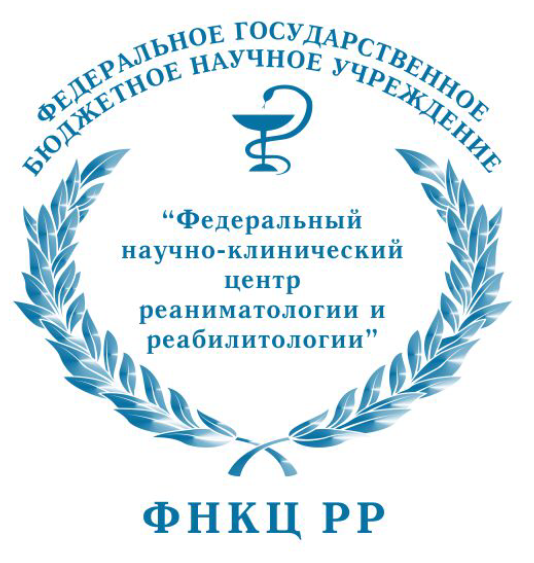
|
ИСТИНА |
Войти в систему Регистрация |
ФНКЦ РР |
||
Resilience of russian ski resorts in the modern climate (climate and snow cover)доклад на конференции
- Авторы: Vinogradova Vera, Titkova Tatiana
- Международная Конференция (Конгресс) : 35th International Geographical Congress
- Даты проведения конференции: 24 августа - 30 сентября 2024
- Дата доклада: 12 августа 2024
- Тип доклада: Стендовый
- Докладчик: Vinogradova Vera
- Место проведения: Дублин, Ирландия
-
Аннотация доклада:
The development of winter ski tourism and characteristics of ski resorts in various regions of Russia are closely related to climatic conditions, particularly the presence and duration of snow cover. This study investigates snow cover and climatic indicators necessary for artificial snowmaking at ski resorts across Russia from 2000 to 2021, using data from the ERA5-Land reanalysis. In the current climate, the average and maximum snow cover thickness at all resorts is adequate for their operation. However, a decline in both maximum and average snow cover values was observed during the study period, with significant negative trends affecting most resorts, except Kirovsk. Resorts in Abzakovo and Krasnaya Polyana face particularly challenging snow cover conditions. Decreasing snow depth and a delayed onset of snow necessitate artificial snowmaking to extend the ski season and enhance resort resilience. The findings highlight that the highest mountain resorts in the North Caucasus and Kirovsk (Murmansk region) enjoy the most favorable snow and weather conditions, sustaining stability and fostering further development of these resorts.
- Добавил в систему: Виноградова Вера Владимировна